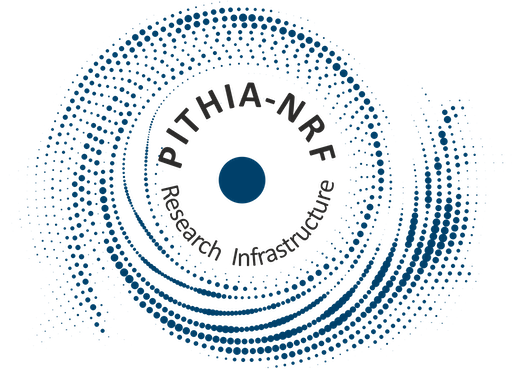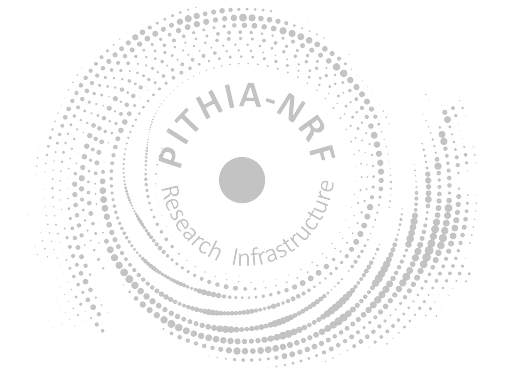<?xml version="1.0" encoding="UTF-8"?>
<DataCollection xmlns="https://metadata.pithia.eu/schemas/2.2" xmlns:gmd="http://www.isotc211.org/2005/gmd" xmlns:om="http://www.opengis.net/om/2.0" xmlns:xlink="http://www.w3.org/1999/xlink" xmlns:xsi="http://www.w3.org/2001/XMLSchema-instance" xsi:schemaLocation="https://metadata.pithia.eu/schemas/2.2 https://metadata.pithia.eu/schemas/2.2/pithia.xsd">
<om:phenomenonTime/>
<om:resultTime/>
<om:procedure xlink:href="https://metadata.pithia.eu/resources/2.2/process/noa/CompositeProcess_EIS_SWIF_Model"/>
<om:observedProperty/>
<om:featureOfInterest>
<FeatureOfInterest>
<namedRegion xlink:href="https://metadata.pithia.eu/ontology/2.2/featureOfInterest/Earth_Ionosphere"/>
</FeatureOfInterest>
</om:featureOfInterest>
<om:result/>
<identifier>
<PITHIA_Identifier>
<localID>DataCollection_EIS_SWIF_Model</localID>
<namespace>noa</namespace>
<version>1</version>
<creationDate>2023-05-22T09:55:00Z</creationDate>
<lastModificationDate>2025-04-30T10:24:00Z</lastModificationDate>
</PITHIA_Identifier>
</identifier>
<name>SWIF Model</name>
<description>The SWIF ionospheric forecasting algorithm provides alerts and warnings for upcoming ionospheric storm disturbances and ionospheric forecasts over Europe.
SWIF combines historical and real-time ionospheric observations with solar wind parameters obtained in real time at L1 point through the cooperation of an autoregression forecasting algorithm, namely TSAR that provides real-time ionospheric forecasts up to 24 hours ahead during all possible conditions with an empirical method, namely STIM, that formulates the ionospheric storm-time response triggered by solar wind disturbances.</description>
<type xlink:href="https://metadata.pithia.eu/ontology/2.2/computationType/Model"/>
<project xlink:href="https://metadata.pithia.eu/resources/2.2/project/noa/Project_NOA_EIS"/>
<relatedParty>
<ResponsiblePartyInfo>
<role xlink:href="https://metadata.pithia.eu/ontology/2.2/relatedPartyRole/PointOfContact"/>
<party xlink:href="https://metadata.pithia.eu/resources/2.2/individual/noa/Individual_NOA_Belehaki"/>
</ResponsiblePartyInfo>
</relatedParty>
<relatedParty>
<ResponsiblePartyInfo>
<role xlink:href="https://metadata.pithia.eu/ontology/2.2/relatedPartyRole/DataProvider"/>
<party xlink:href="https://metadata.pithia.eu/resources/2.2/organisation/pithia/Organisation_NOA"/>
</ResponsiblePartyInfo>
</relatedParty>
<collectionResults>
<source>
<OnlineResource>
<serviceFunction xlink:href="https://metadata.pithia.eu/ontology/2.2/serviceFunction/Numerical"/>
<serviceFunction xlink:href="https://metadata.pithia.eu/ontology/2.2/serviceFunction/Graphical"/>
<linkage>
<gmd:URL>https://swe.ssa.esa.int/dias-federated</gmd:URL>
</linkage>
<name>European Ionosonde Service (EIS) Interface</name>
<protocol>HTTPS</protocol>
<description>The EIS provides a browser-based user interface for data browsing and downloading.
Direct data access requires authentication by external organisation (ESA); once user access is authorised the link lands directly at the EIS page. Three products derive from the SWIF Model: (a) foF2 Forecasts Maps, (b) foF2 Forecasts Plots Over Stations and (c) Ionospheric Alerts.
</description>
<dataFormat xlink:href="https://metadata.pithia.eu/ontology/2.2/resultDataFormat/image-png"/>
<dataFormat xlink:href="https://metadata.pithia.eu/ontology/2.2/resultDataFormat/text-plain"/>
</OnlineResource>
</source>
<source>
<OnlineResource>
<serviceFunction xlink:href="https://metadata.pithia.eu/ontology/2.2/serviceFunction/OpenAPI"/>
<linkage>
<gmd:URL>https://electron.space.noa.gr/swnet_swif/api/v2/openapi.json</gmd:URL>
</linkage>
<name>SWIF API</name>
<protocol>HTTPS</protocol>
<description>The SWIF API provides a browser-based user interface for data browsing and downloading. </description>
<dataFormat xlink:href="https://metadata.pithia.eu/ontology/2.2/resultDataFormat/application-json"/>
<dataFormat xlink:href="https://metadata.pithia.eu/ontology/2.2/resultDataFormat/image-png"/>
</OnlineResource>
</source>
</collectionResults>
<dataLevel xlink:href="https://metadata.pithia.eu/ontology/2.2/dataLevel/L4"/>
<qualityAssessment>
<dataQualityFlag xlink:href="https://metadata.pithia.eu/ontology/2.2/dataQualityFlag/DQ4"/>
</qualityAssessment>
<permission xlink:href="https://metadata.pithia.eu/ontology/2.2/licence/CCBY"/>
</DataCollection>

